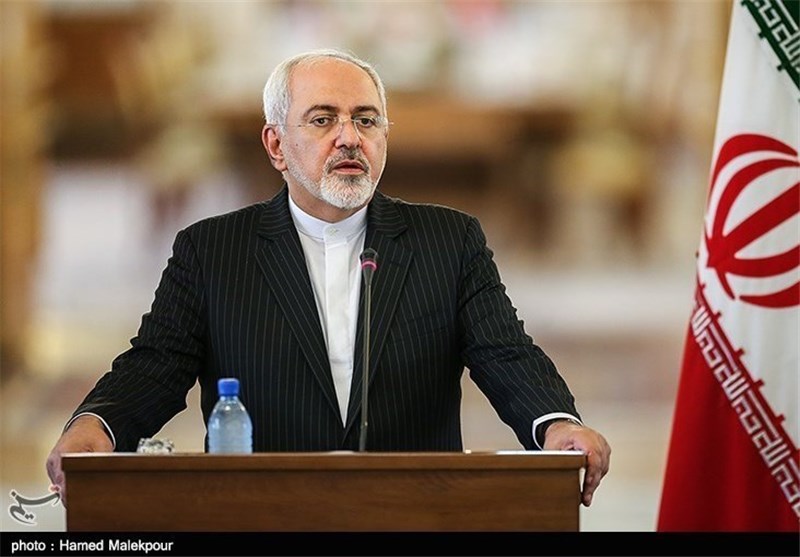In an interview with Hamshahri daily, Mohammad Javad Zarif said Europeans say the delay in finalising the Special Purpose Vehicle, a mechanism to facilitate Iran foreign trade which was expected to be finalised by the end of last year, is that they want to ensure it really works.
“We have for several times seen that they were on the verge of announcing the launch of the mechanism, but there were developments that prevented such announcement,” he said.
However, Zarif added the main reason is that they are not yet ready to pay the cost for saving JCPOA.
The Iranian foreign minister urged Europeans to stand on their own feet and work harder to overcome challenges created by the US.
The US unilaterally withdrew from the nuclear pact last year and reinstated anti-Iran sanctions suspended under the accord, offering a list of 12 conditions for the sanctions to be removed.
Following the US pullout, Iran warned it will not remain in the pact unless other signatories guarantee its interests would be served if it keeps up honouring JCPOA commitments.
JCPOA Withdrawal; One of Options
Asked if Iran would withdraw from the accord in case Europe fails to finalise the mechanism, Zarif said Iran has various options and it would choose how to respond considering the interests of the nation.
“Iran has various options and withdrawing from the pact is one of them. But this is one of dozens of options. We can take measures under the JCPOA and outside the JCPOA and regarding bilateral and multilateral relations to advance people’s interests,” he said.
Iran Not to Negotiate Under Pressure
Asked if Iran would resume talks with other parties to the nuclear pact to achieve a compromise in order to salvage the pact, Zarif said this is not an option in the current circumstances.
The top Iranian diplomat said Tehran has proved it would not engage in talks when it is being pressured by others, especially during the tenure of former US president Barack Obama.
“Some people wrongly think that the pressure of sanctions pushed us to negotiate with Obama. But the fact is Obama could negotiate with us when he accepted Iran’s nuclear program,” he said.
“We have never given response to calls for talks because of sanctions and threats. The world has understood that they should talk with a language of respect, if they want to reach agreement with Iran,” he underlined.
US Needs to Compensate
Zarif further mentioned that a requirement for talks between Iran and the US is that the country starts respecting its international commitments.
“If Americans are honest in their willingness for talks, they need to change their behaviour … and recognise realities,” he stated.
Trump, who has hardened the US line on Iran since coming to power in January 2017, in recent months has invited Iranian officials to talk and said he is hopeful they will come to the negotiating table soon.
Trump apparently hopes restoring anti-Iran sanctions suspended under the accord and pushing countries in Asia and Europe to hamper trade with Iran and force Iran to accept renegotiation of the nuclear deal.
Notably, State Secretary Mike Pompeo announced in September that the US was willing to hold a summit with Iran’s leaders during last year’s UN General Assembly.
However, Iranian officials ignored frequent messages, saying the US behaviour shows it is not honest in its request for negotiations.
Iran Aware of Netanyahu’s Oman Trip
Zarif said Tehran was informed of October trip of Israeli premier Benjamin Netanyahu to Oman beforehand, and it had told Oman government that the trip is not in their interest.
“After the trip, they informed us of the [talks in] the trip … and stressed this trip is not against Iran’s interests … but we announced our views,” he said.
Although Iran and Oman enjoy friendly bilateral relations, they were not on the same page during the visit, he went on to say.
Netanyahu’s unprecedented trip to Oman came at the invitation of Sultan Qaboos, despite the fact that Oman does not formally recognise Israel.
